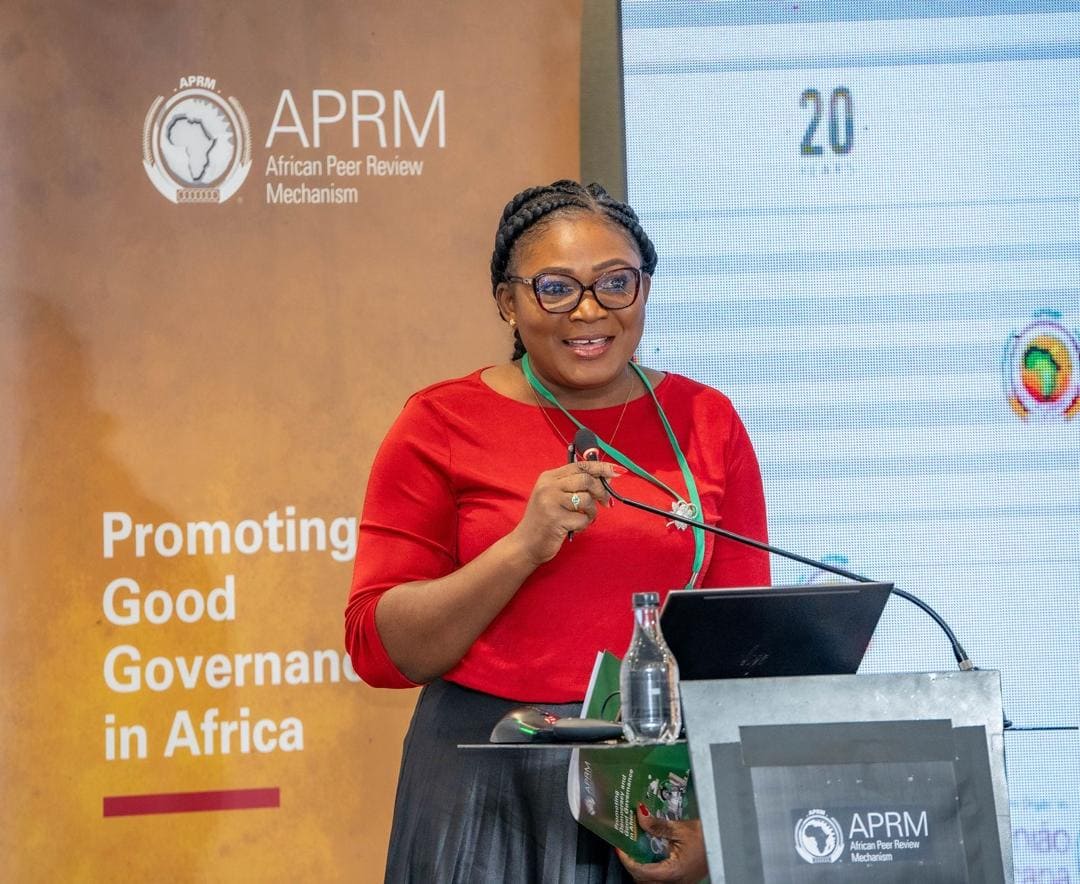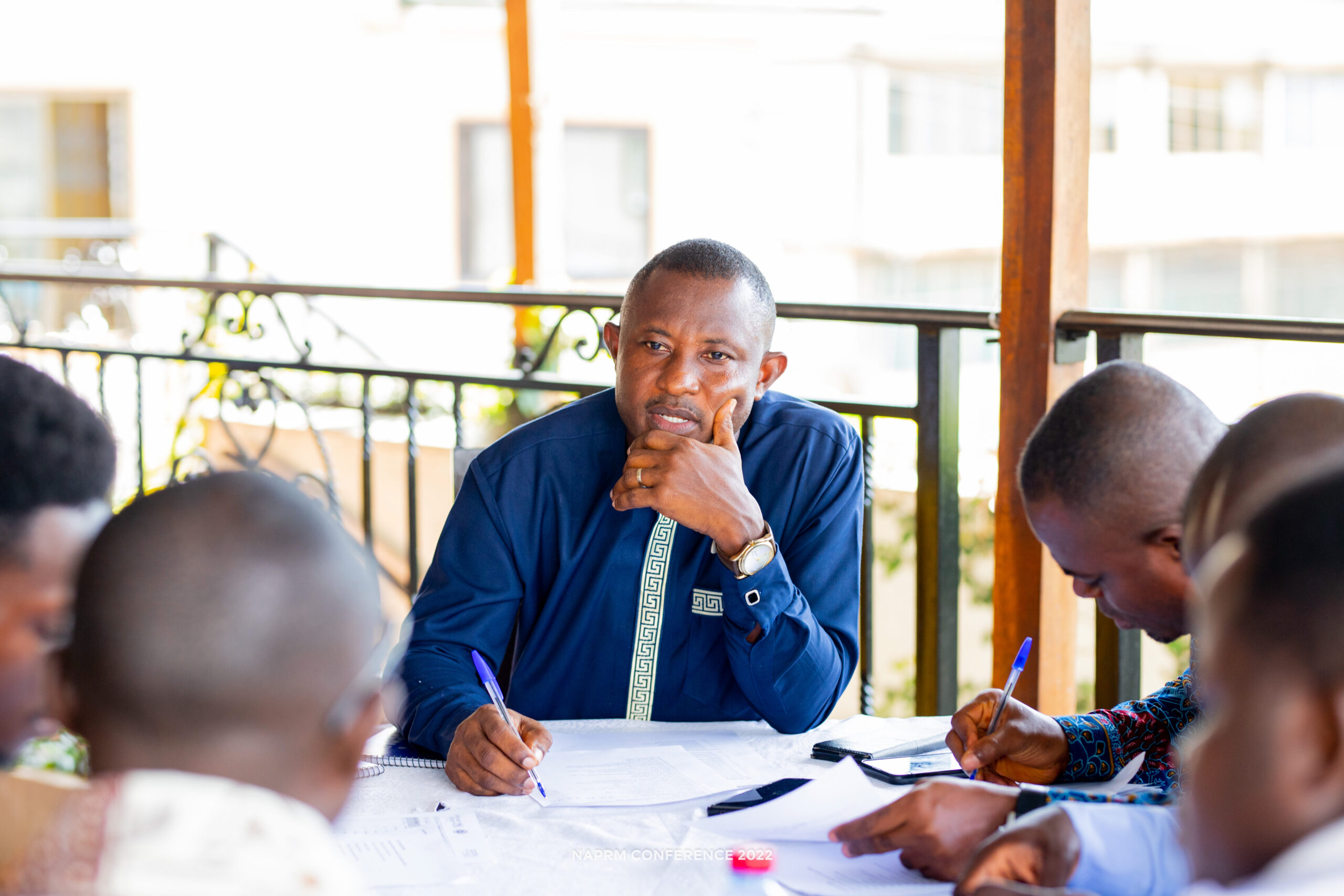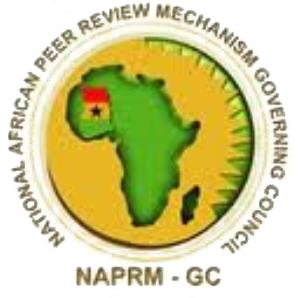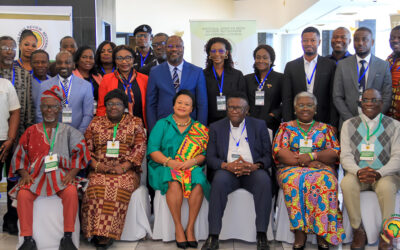National African Peer Review Mechanism – Governing Council (NAPRM-GC)
Democratic and Political Governance
Economic Governance & Management
Socio-Economic Governance
Corporate Governance
Brief Overview Of APRM
The African Peer Review Mechanism (APRM) is an innovative and bold attempt by Africans to improve governance and the well-being of all citizens. It is an initiative that places the citizen at the centre of the development discourse.
The APRM is a voluntary self-assessment tool adopted by the African Union (AU) to improve governance in member states and on the continent as a whole.
It affords an opportunity for citizens to promote the development and adoption of policies and standards that lead to the attainment of political stability, accelerated economic growth, sustainable development and improved participation in sub-regional and continental economic activity. This goal can be reached through experience-sharing and strengthening of commendable practices.
The NAPRM is governed by a 7-member Governing Council. The Council provides strategic leadership and an accountability structure for the APRM process in Ghana.
Functions and responsibilities of the NAPRM-GC
- Exercises oversight responsibility of the national APRM programme, with the view to ensuring the independence, professionalism and credibility of the process;
- Ensures the APRM is a national exercise by engaging the Executive, Parliament, Judiciary, civil society, political parties, the private sector, trade unions, traditional authorities, persons-with-disability and other institutions in an all inclusive process;
- Monitors and evaluates the progress of implementation of the National Programme of Action




Read the latest from our blog
Social Media, Morality, and Protecting Innocence in the Digital Age
The recent Senate hearings addressing the controversies surrounding Mark Zuckerberg and the potential ban of TikTok have reignited debates on the moral and social implications of unregulated online content. The U.S Senate’s involvement was prompted by mounting reports...
APRM Concludes Successful Workshop on Developing and harmonizing Ghana’s National Plan of Action.
Accra, Ghana, 23–26 July 2024 — The APRM Continental Secretariat, in collaboration with Ghana’s National APRM Governing Council (NAPRM-GC), successfully hosted a four-day workshop focused on the development and harmonization of Ghana’s National Plan of Action (NPoA)....
APRM CEO, Ambassador Marie-Antoinette Rose Quatre, Engages Productively With APRM Member States.
18–19 July 2024, Accra, Ghana – H.E. Amb. Marie-Antoinette Rose Quatre, Chief Executive Officer (CEO) of the African Peer Review Mechanism (APRM) Continental Secretariat, conducted fruitful consultations with Ghana, Seychelles and Zambia – three APRM Member States at...







